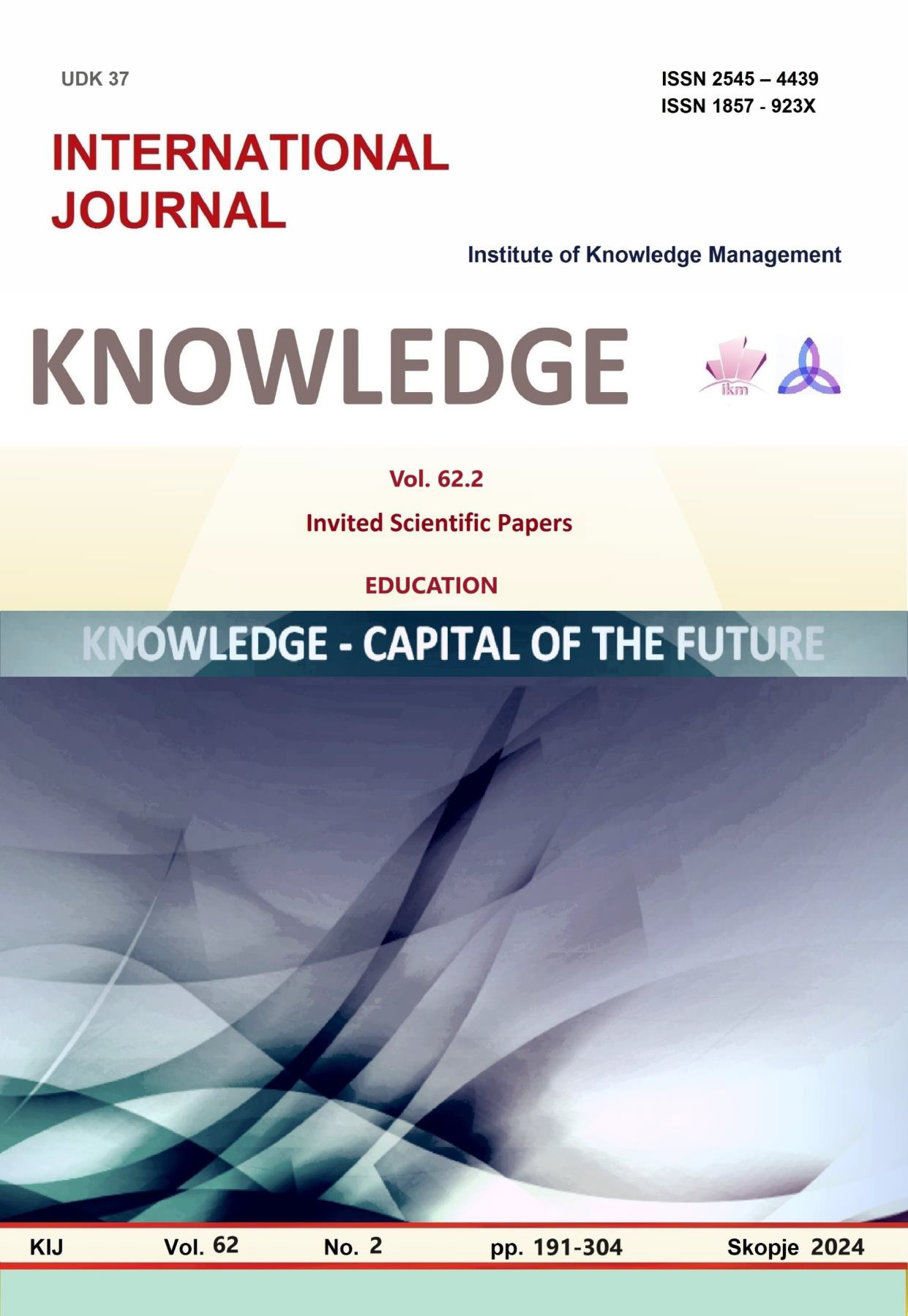СЪЗНАТЕЛНОСТТА В УЧЕНЕТО- СЪЩНОСТ И ПРИЛОЖЕНИЕ
MINDFUL LEARNING – NATURE AND PRACTICE
Author(s): Venelina StoevaSubject(s): Education
Published by: Scientific Institute of Management and Knowledge
Keywords: mindfulness;learning;attention;Self-efficacy;flow;creativity
Summary/Abstract: There are too many stimuli in the modern world we live in. Every day and everywhere around us events happen. Some of them we notice and appreciate, and some- we do not. Being mindful of what we experience and what is important to us could become a way of making sense of and analyzing information. Mindfulness is a skill that can be trained, honed and applied in every area of our lives. Learning is a conscious process unique to human beings that includes multiple patterns of information acquisition, intelligence features, and cognitive styles. Knowledge and purposeful application of this information could be presented as an essential component of learning and thinking processes. The article explores the topic of mindfulness as a key component of effective learning. Ellen Langer's idea that conscious learning is much more than information processing is presented. It represents an attempt to consider at least several points of view in a given situation, as well as an aspiration to research and search for novelties. The main benefits of applying mindfulness skills in the learning process are described, as well as some correlations with important psychological constructs such as self-efficacy, experiencing a state of flow, and creativity. The theme is also traced in the context of the Theory of Mind. Self-efficacy is a concept introduced into psychology by Albert Bandura. He describes the confidence a person feels about facing the challenges in his life. It can also be represented as a belief that one can and does exercise some control over life's events. The assumption that high levels of conscientiousness positively correlate with high levels of self-efficacy could be made. The reference to the Theory of Mind is essential. Understanding the mental experiences of others is an essential component of developing consciousness and emotional intelligence. The beliefs and desires of others as different from one's own is central to interpersonal relationships. In this material the main points of contact between the mentioned constructs are presented. Creativity as a key component to achieving success in school (and beyond) can be stimulated by giving challenging tasks that cannot necessarily be quantified. This also contributes to the experience of satisfaction and flow. A quality life is full with conscious experiences, commitment and meaning in every activity. In this way, everyday life is filled not just with tasks but with situations in which a person can project and develop his acquired skills.The existing educational practices in addition to methodological ones could also be improved and developed by stimulating the psychological mechanisms underlying the assimilation of socio-historical experience. The outlined theoretical framework is an attempt to describe and analyze the essential characteristics of the studied concepts, but also to mark the main research fields
Journal: Knowledge - International Journal
- Issue Year: 62/2024
- Issue No: 2
- Page Range: 245-249
- Page Count: 5
- Language: English, Bulgarian

